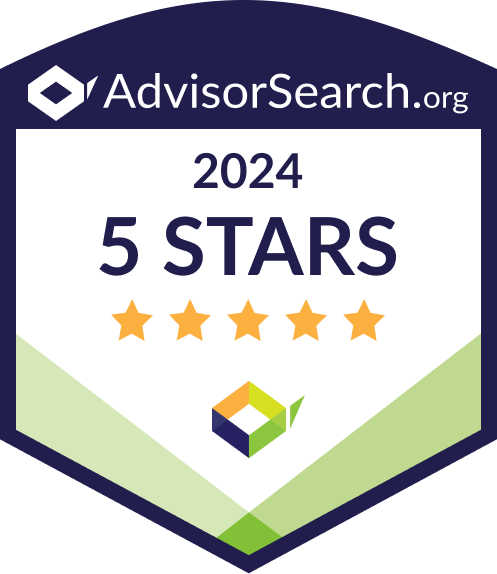August 20, 2025
Estate planning is the process of preparing for the management of your affairs in case of incapacity and upon your death. It involves identifying suitable people to make decisions regarding your health care and finances if you become incapacitated and to facilitate your postmortem affairs after your death, as well as arranging for distribution of assets to your intended beneficiaries in an orderly and tax-efficient manner. An estate plan typically includes creating the following documents: A Health Care Proxy appointing an agent to make decisions regarding medical treatments. A Living Will stating your preferences and wishes regarding medical treatments to provide guidance for your health care agent making decisions on your behalf, especially if you are facing life-threatening conditions. A Durable Power of Attorney appointing an agent to manage your financial and legal matters. A Last Will and Testament nominating a personal representative (aka “executor”) to administer your estate, including paying your debts and taxes and marshaling and distributing assets to your beneficiaries. Beneficiary forms designating assets that pass outside the Last Will and Testament (e.g., life insurance policies and retirement plan death benefits). Your personal circumstances and goals may require additional planning considerations and strategies: Minor children. If you have a minor child, you need to nominate a guardian who will take responsibility for decisions regarding your child’s custodial care and educational, medical, and social welfare; moreover, you need to arrange for proper management of your child’s inheritance, which commonly involves establishing a trust—an arrangement in which you entrust your child’s inheritance in the name of a person or entity (called a “trustee”) to invest and distribute for your child’s benefit until your child attains the age of majority and is also mature and ready to receive the inheritance outright. Beneficiaries with special needs . If you have an adult child living with a disability, your estate plan should address your child’s lifelong needs for advocacy, protection, and services and include a trust for proper management and use of the inheritance in your child's best interest. Blended families . One out of two families is a blended family. This common situation requires thoughtful planning about who acts on behalf of aging parents and how best to provide for the surviving spouse and for children from a prior marriage. Special assets . If you own intellectual property, expensive artwork, musical instruments, antiques, collectibles, firearms, pets (especially horses) and livestock animals, or assets located in other countries, you need to prepare enhanced instructions regarding valuation, care and handling, and disposition of these assets. Family-owned or closely held businesses . Most companies in the United States are family- owned or closely held businesses. For owners of these businesses, their most valuable assets are their business interests, which means incapacity and death significantly affect the continuity and success of their enterprise. Careful succession planning is an essential part of estate planning for business owners. Wealth-transfer taxes . Passing on your assets at death can trigger various types of wealth- transfer taxes (federal estate and generation-skipping transfer taxes and state estate and inheritance taxes), depending on the value of your estate, who inherits your wealth, and the state of your residence at death. Estate planning is an opportunity to evaluate the impact of taxes on your family and your business to implement strategies that can mitigate the burden, including making gifts during your life and incorporating charitable legacies. For proper tax planning, you need to enlist a team of professionals (investment advisors, appraisers, accountants, and attorneys) to advise you about your options and their risks and benefits. When it comes to estate planning, there is no one-size-fits-all solution, and it is too important and consequential to you and your family and business to attempt it on your own without proper advice and legal drafting. A well-designed estate plan tailored to your personal needs and goals can alleviate the stress and challenges you and your family will experience in times of uncertainty and grief. If you do not have an estate plan and need help getting started, West Branch Capital can recommend an experienced trusts-and-estates attorney to work with you and your family. Reach us at (833) 888-0534 x2 or send a message to info@westbranchcapital.com Disclaimer: The information provided in this guide does not, and is not intended to, constitute legal advice. All information in this guide is for general informational purposes only. Information in this guide may not include the most up-to-date relevant information. Readers of this guide should contact their attorney in the relevant jurisdiction to obtain legal advice with respect to any particular legal matter and should refrain from acting on the basis of information in this guide without first seeking legal advice from counsel in the relevant jurisdiction. West Branch Capital is not liable for any direct, indirect, legal, equitable, special, compensatory, incidental, or consequential damages of any kind whatsoever arising from access to, use of, or reliance upon the information in this guide. All liability with respect to actions taken or not taken based on the contents of this guide is hereby expressly disclaimed. Source: Outside Counsel





